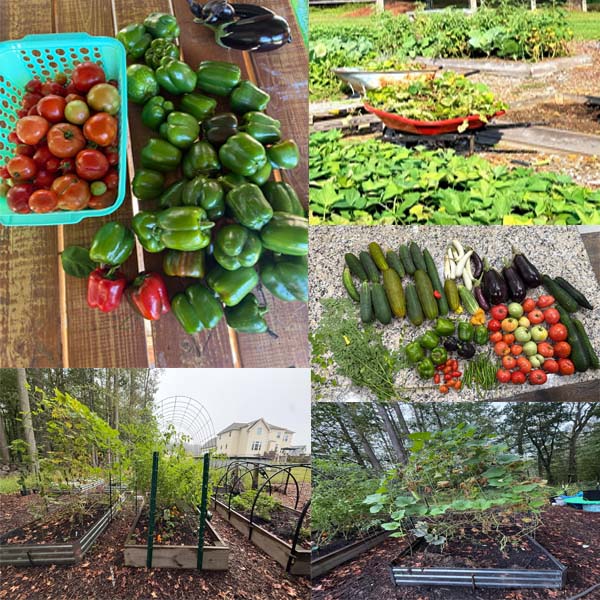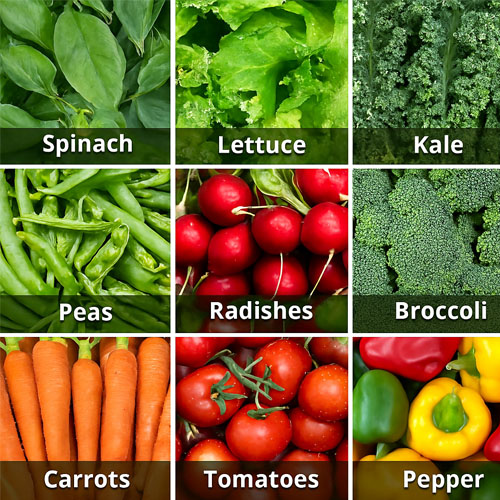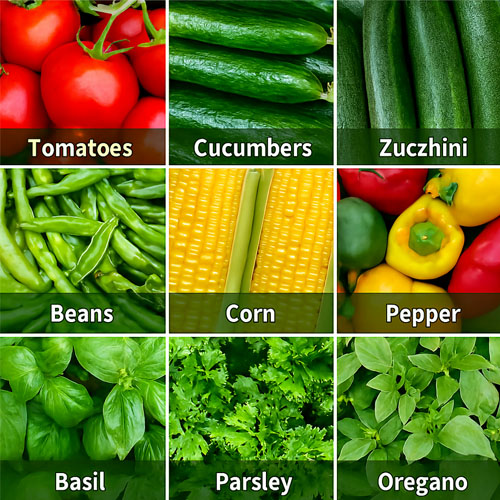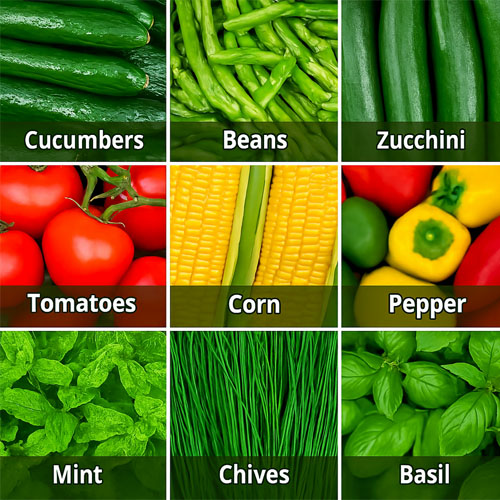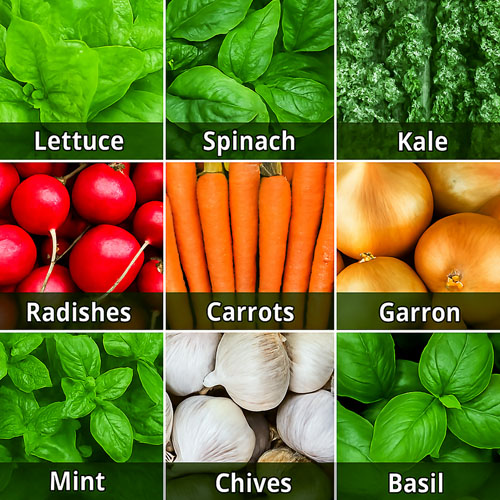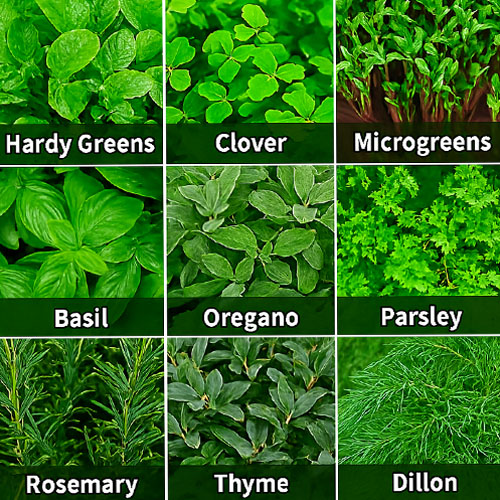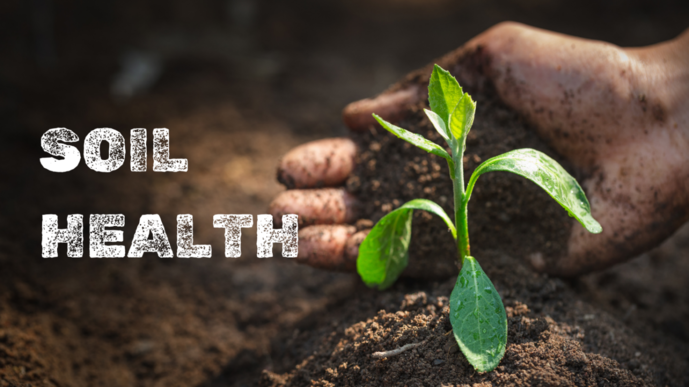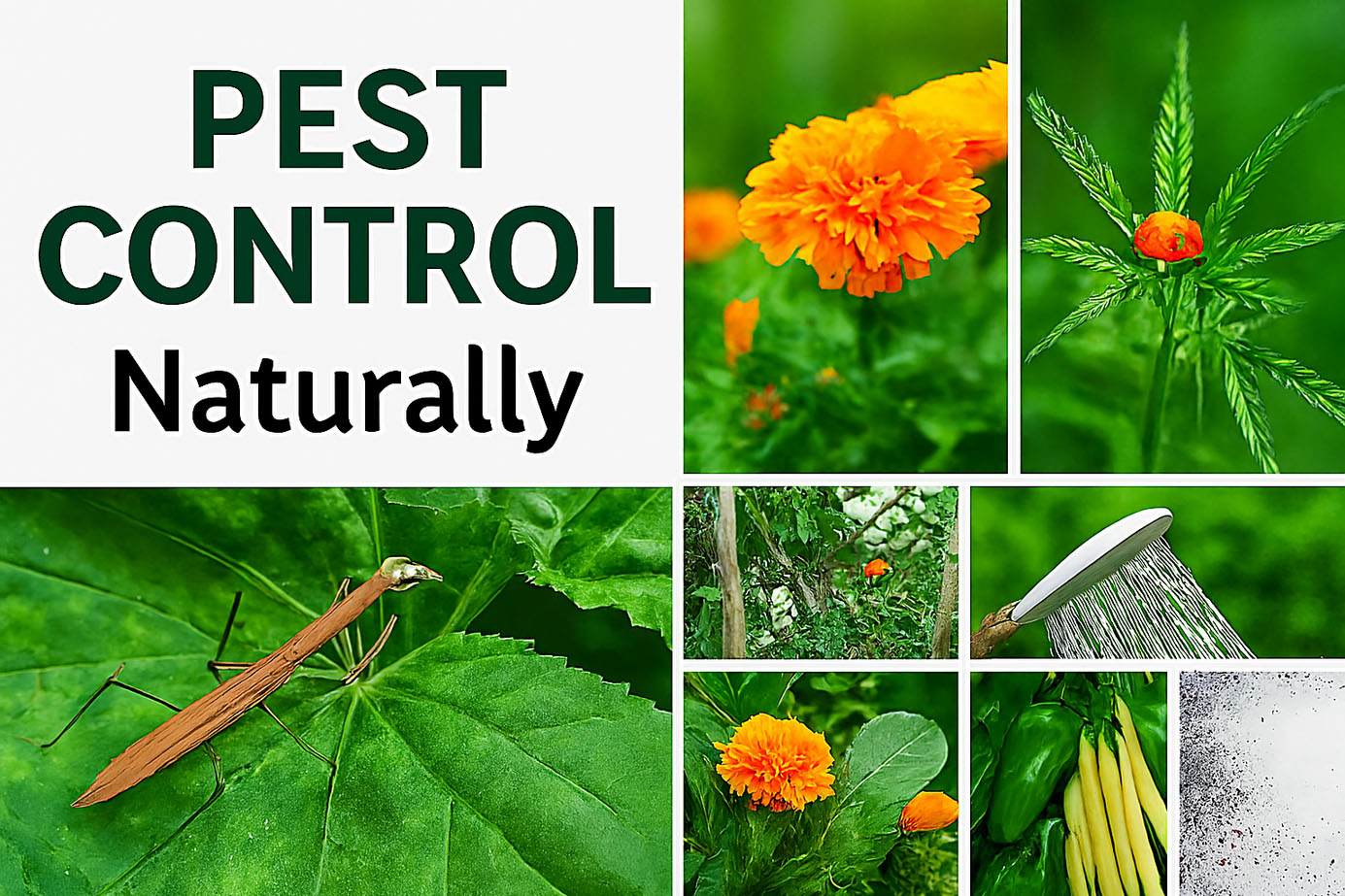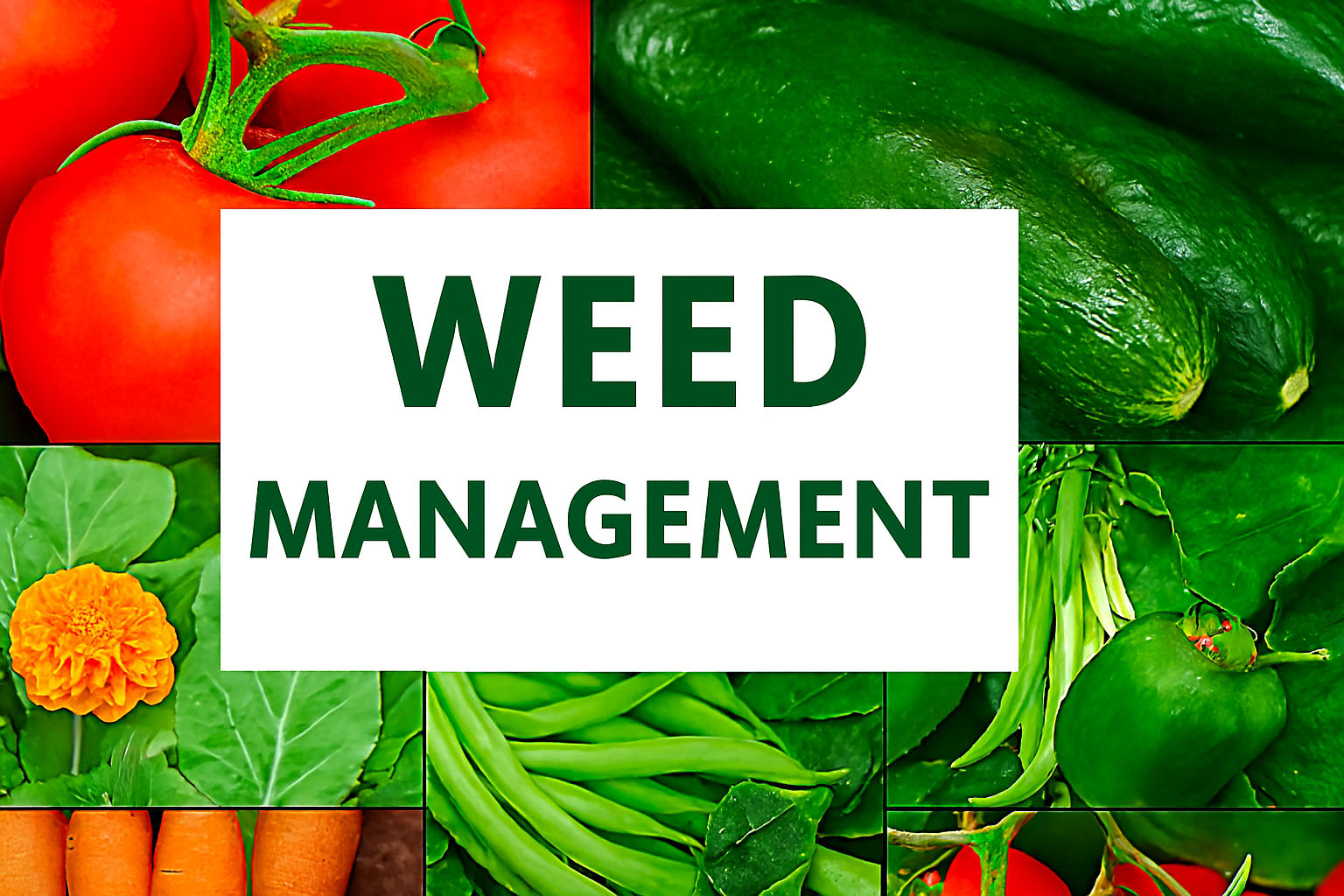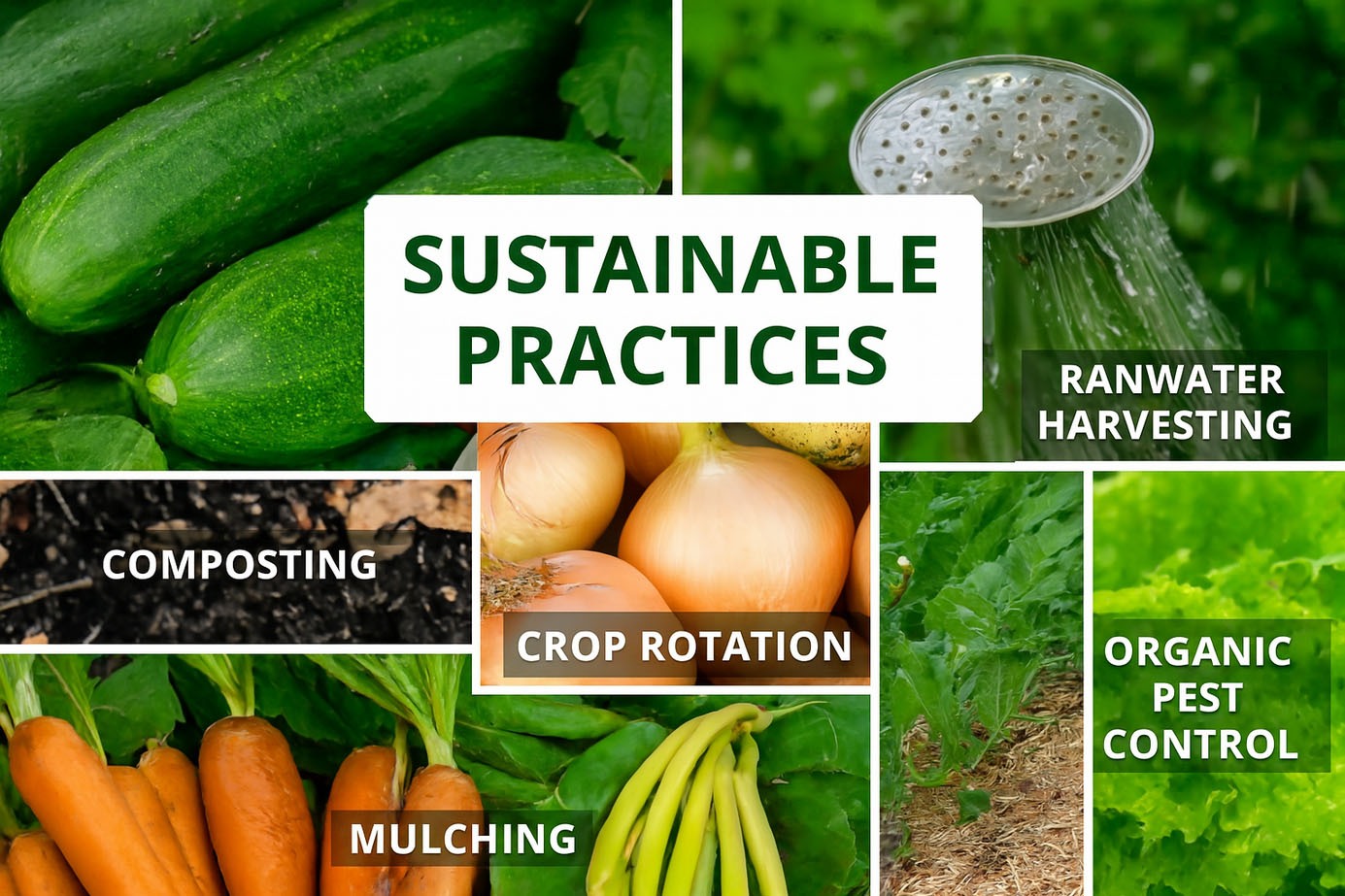 Why I Chose This Project
Why I Chose This Project
This project is very close to my heart because my family has always believed in the joy and value of growing our own food. Since childhood, my parents have encouraged healthy eating habits, and both my brother and I have experienced how rewarding it feels to harvest vegetables from our own garden. The freshness and taste of homegrown produce simply cannot be matched by store-bought vegetables.
Through this project, I want to share that same joy and passion with my community while raising awareness about the many benefits of gardening, including:
- Health & Nutrition – Fresh, chemical-free, nutrient-rich food.
- Economic Savings – Growing your own produce reduces grocery costs.
- Personal Well-Being – Gardening reduces stress and brings happiness.
- Sustainable Living – Supports the environment and promotes eco-friendly habits.
 How My Project Connects to Girl Scout Values
How My Project Connects to Girl Scout Values
The Silver Award project reflects the core values of Girl Scouting by encouraging leadership, service, and responsibility. Through my gardening initiative, I aim to live these values in meaningful ways:
- Leadership: Teaching and inspiring others to start their own gardens builds confidence, decision-making, and the ability to guide a community effort.
- Community Service: Sharing knowledge about gardening supports healthier lifestyles and strengthens neighborhood bonds.
- Environmental Stewardship: Gardening promotes sustainability, reduces waste, and nurtures respect for the Earth.
- Self-Sufficiency: Learning to grow your own food empowers individuals and families to be more independent.
- Teamwork & Collaboration: Working with my family, peers, and community members mirrors the Girl Scout spirit of cooperation and collective action.
- Courage & Confidence: Trying new skills, facing challenges like pests or weather, and staying committed shows resilience and determination.
- Making the World a Better Place: By encouraging sustainable habits and mindful living, this project aligns with the Girl Scout mission of creating positive change locally and globally.
 Our Mission & Purpose
Our Mission & Purpose
Our mission is to cultivate more than just vegetables — we aim to grow knowledge, compassion, and a stronger sense of community. This garden is designed to be a living classroom and a valuable resource for families, inspiring healthier and more sustainable lifestyles.
Through this project, we hope to:
- Educate Beginners : Provide simple, practical steps to help anyone start their own garden.
- Promote Healthy Living : Encourage families to enjoy fresh, homegrown produce for better nutrition.
- Build Community Connections : Create opportunities for neighbors to share experiences, ideas, and even harvests.
- Support the Environment : Foster eco-friendly practices that protect pollinators, reduce waste, and respect the Earth.
- Encourage Self-Sufficiency : Empower individuals and families to grow their own food and rely less on store-bought produce.
- Inspire the Next Generation: Teach children the joy of planting seeds, nurturing life, and appreciating nature.
- Spread Kindness & Service : Reflect Girl Scout values by giving back and making a positive impact that lasts.







